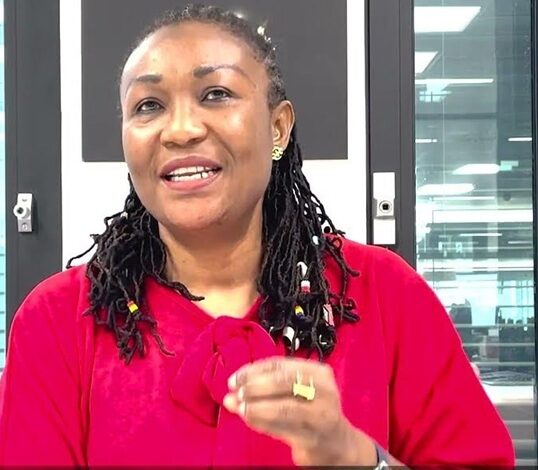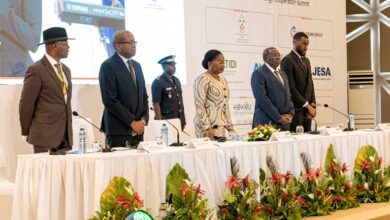NRGI Warns Debt-Heavy Climate Finance Threatens Africa’s Just Energy Transition

The Africa Director of the Natural Resource Governance Institute (NRGI), Nafi Chinery, has cautioned that without bold reforms to climate finance, Africa risks being locked into debt rather than building the foundations for a just energy transition.
Reacting to the declaration of the Africa Climate Summit, she noted that while the recognition of climate finance in the declaration is a step forward, the structure of funding currently available to African governments remains deeply problematic.
“Finance remains the single biggest barrier to Africa’s just energy transitions. The Declaration recognizes the urgency of innovative climate finance adapted to Africa’s realities. Yet too much of today’s financing comes as loans that deepen debt, instead of giving governments breathing room to invest in people and services,” Chinery said.
She argued that unless African leaders push for fairer financing models at COP30, the continent will face the familiar cycle of borrowing for climate action while diverting scarce resources away from health, education, and social protection.
A Call for Alternative Financing Models
Ms. Chinery pointed to practical alternatives that can help Africa move forward without worsening its debt profile. These include solidarity levies such as aviation taxes, targeted at raising dedicated revenue for climate action, and green industrialization strategies that add value to Africa’s abundant natural resources.
“Finance must fuel resilience, jobs, and opportunity rather than new burdens. At the same time, richer countries and international partners must step up with finance at the scale required,” she added.
Relating the Debate to Ghana’s Context
For Ghana, the financing challenge is particularly pressing. Already, the government spends a large share of revenue on debt servicing, leaving limited fiscal space for climate adaptation projects such as flood protection, renewable energy expansion, and food system resilience.
The recent floods in the north, coupled with rising costs of electricity production and food insecurity linked to climate variability, underscore the urgency of affordable financing tailored to Ghana’s needs. Experts argue that without access to grants, concessional loans, or innovative financing tied to carbon markets and resource processing, Ghana’s climate ambitions risk stalling.
Civil society groups have also stressed the importance of ensuring that new financing arrangements are transparent and accountable, to avoid the misuse of funds and to guarantee that vulnerable communities benefit directly from climate interventions.
The Bigger Picture
Africa as a whole contributes less than 4 percent of global greenhouse gas emissions but bears some of the harshest consequences of climate change, from prolonged droughts to flooding and food insecurity. Leaders across the continent are increasingly uniting behind a common position that emphasizes climate justice and fair financing, which they intend to push strongly at the upcoming COP30 negotiations.
For Ms. Chinery, the message is clear: “Africa must not only be at the table but must also ensure that the financing deals struck are designed around the continent’s realities. Otherwise, the transition risks being neither just nor sustainable.”




